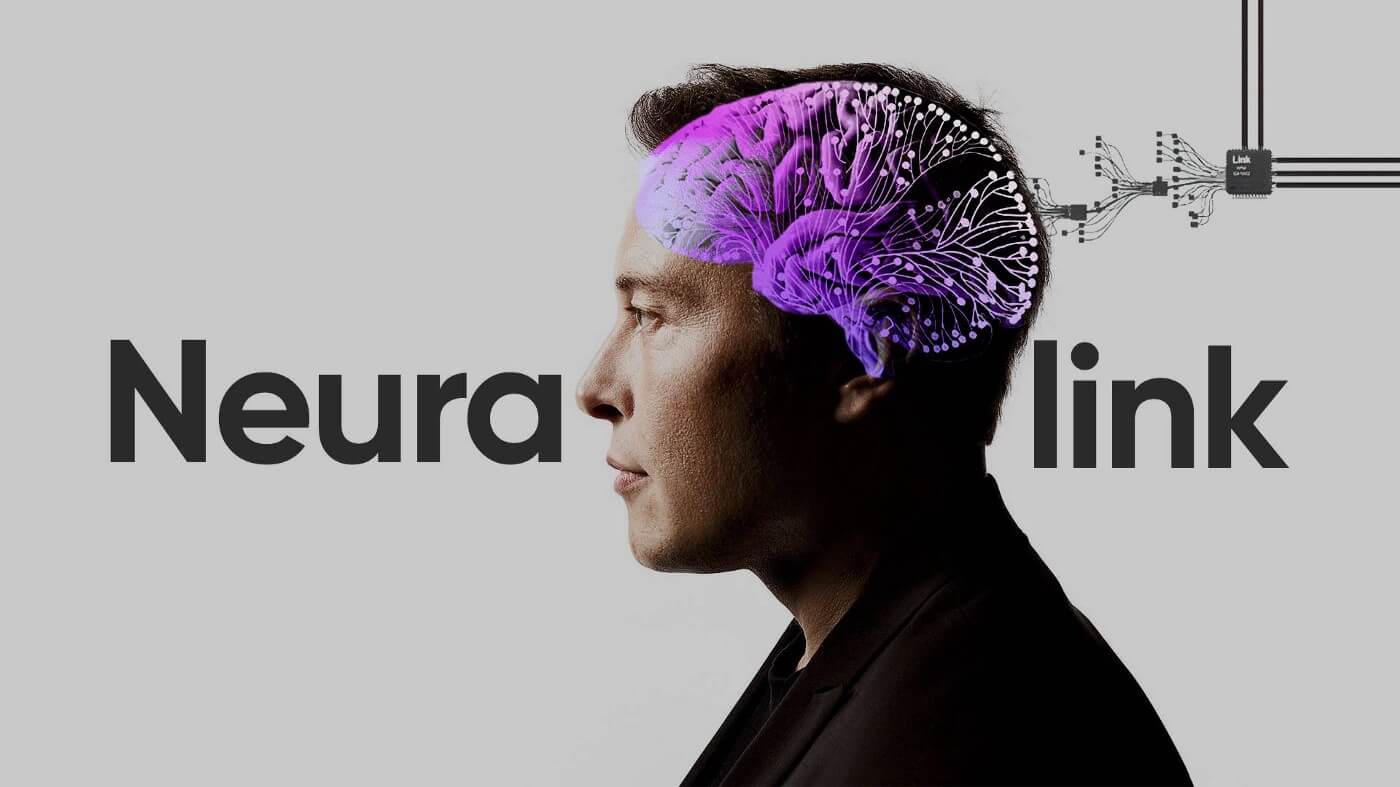Mind Over Machine: Neuralink's Revolutionary Brain-Computer Interface

Neuralink, the brainchild of tech entrepreneur Elon Musk, is a company focused on developing advanced brain-computer interfaces. The company has been making strides in recent years that could be revolutionary for humanity.
The goal of Neuralink is to develop a device that can be implanted into the human brain and enable direct communication between the brain and a computer. The device would consist of tiny electrodes that would be implanted into the brain, allowing for the transfer of information between the brain and a computer. This technology has the potential to revolutionize the way we interact with computers, enabling us to control them with our thoughts and even potentially enhance our cognitive abilities.
One of the key breakthroughs that Neuralink has achieved is the development of an implantable device that is smaller and less invasive than previous brain-computer interface devices. The device consists of a small chip that is implanted into the skull and connected to tiny wires that are inserted into the brain. This approach reduces the risk of damage to the brain and makes the device more comfortable for the patient.
Another significant development is the ability to record and interpret brain activity in real-time. Neuralink's technology can read signals from the brain and translate them into computer commands, allowing people to control a computer or even a prosthetic limb with their thoughts. This could be life-changing for people with disabilities, enabling them to regain some of the abilities they have lost.
Neuralink is also working on developing devices that can stimulate the brain, potentially enhancing cognitive abilities. For example, the company is exploring the use of brain stimulation to treat conditions such as depression and anxiety.
While the potential benefits of Neuralink's technology are immense, there are also ethical concerns that need to be addressed. One concern is the possibility of the technology being used for nefarious purposes, such as mind control or the manipulation of thoughts. Another concern is the potential impact on privacy, as the device could potentially be used to read people's thoughts or even control their actions.
Despite these concerns, the potential benefits of Neuralink's technology are hard to ignore. The ability to directly communicate with computers and potentially enhance cognitive abilities could revolutionize the way we live and work. It could also help us to better understand the workings of the brain and potentially lead to breakthroughs in neuroscience.
In conclusion, Neuralink is making strides that could be revolutionary for humanity. The development of implantable brain-computer interfaces has the potential to enable direct communication between the brain and a computer, potentially enhancing cognitive abilities and changing the way we interact with technology. While there are ethical concerns that need to be addressed, the potential benefits of this technology are immense, and it is exciting to see what the future holds for Neuralink and brain-computer interfaces.